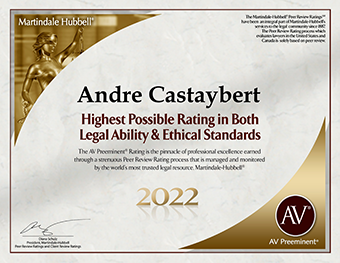October 29, 2021-
Floyd Abrams’s Important NYT Guest Essay Warns that the Supreme Court “Faces a Huge Test on Libel Law”
An October 22nd Op Ed in the New York Times by Floyd Abrams, a First Amendment lawyer whose firm occasionally represents the newspaper, highlights a test of libel law facing the Supreme Court as they hear appeals in two recent libel cases and consider whether the First Amendment protects such speech or conduct.
Justices Clarence Thomas and Neil Gorsuch have expressed a readiness to reconsider the landmark 1964 decision of the Supreme Court in New York Times v. Sullivan.
In Sullivan, the Supreme Court barred public officials from recovering damages for “defamatory falsehoods” related to their official conduct without clear and convincing evidence that the statements were made with “actual malice” and made with the “knowledge that it was false or with reckless disregard of whether it was false or not.” The Court’s decision reinforced our nation’s commitment to the free and open debate of public issues and affirmed the importance of uninhibited dialogue in the discussion of such issues. SCOTUS also stressed that, “Erroneous statement is inevitable in free debate” and “must be protected if the freedoms of expression are to… survive.”
Abrams’s article goes on to contrast libel cases in the United States from those in England, pointing out the lack of libel protections in England. Abrams explains that, in England, “a defendant could be libel for a false statement even if he was unaware that it was false” and subject to stiff sanctions. The Sullivan decision protects against these exact issues here in the US, where the burden of proof is on the plaintiff to prove a statement was false.
Abrams’s Op Ed sheds light on libel protections that would be jeopardized if Sullivan were overturned. With two justices already expressing reconsideration of the ruling, it seems the First Amendment protections acknowledged by the Court in 1964 remain in fragile limbo.
To read the full essay by Floyd Abrams in the New York Times, click here.
To read the amicus brief mentioned in the article that the New York Times joined in support of the defendants, click here.







